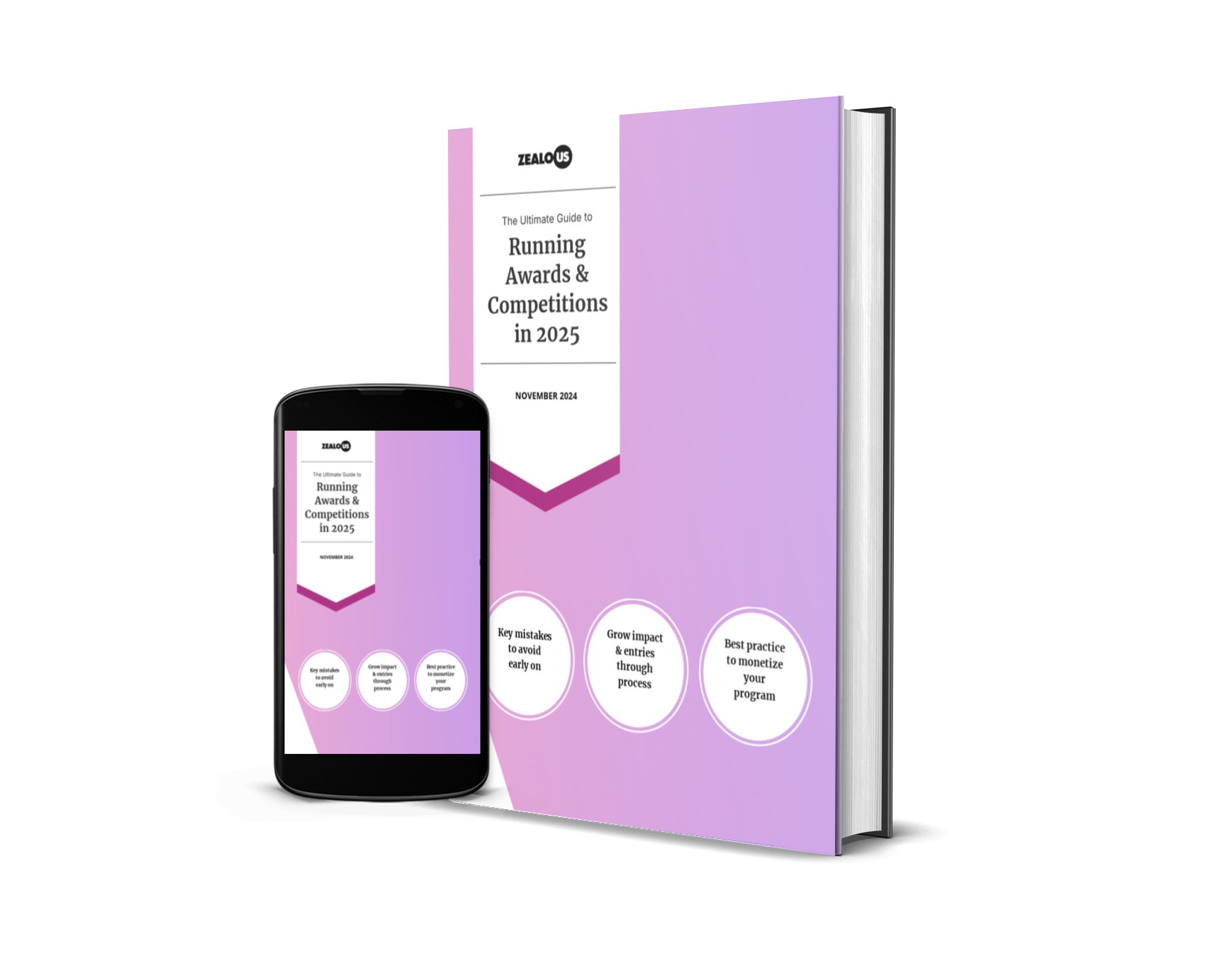
Writing a considerate commiserations email is important for a few reasons. Firstly, you want to foster a positive candidate experience with everyone, especially those who are going to face rejection. It is the final impression a candidate is going to get from you, and the hope is that they continue their relationship with you, such as applying for future opportunities you might be running. Sending out well-crafted commiserations emails also help with brand reputation. It shows that you respect your applicants and that you value their time.
Sending out the emails will also help you in the long run. With candidates being informed their position in the opportunity, you will be getting less emails asking what the results are and when they will be released. This will save you and your team time.
Although you could just send out any commiserations email you like, there are some ways to make our emails better received. It is important to note that even if you spend a while crafting the email, there are still going to be people who are upset by the news. You have to keep in mind that applicants will have put lots of time and effort in to what they submitted. While a submissions management platform can automate this process, the human touch in your messaging is crucial.
Keep it neutral
When it comes to emails subjects, it is often something which can be a bit of an afterthought. However, it is going to be the first thing that the candidate sees. If the headline is something which is overly negative, then they are most likely not going to read the email which you have sent. Keep it simply, such as ‘Update on your submission’.
Be personal
Personalisation is a huge part of sending out the email, with the more personalisation the better. This can be tricky if you have lots of applicants to email. However, it can be as simple as adding the applicant’s name at the start.
Take two minutes to grow entries & reduce stress
Receive weekly tips to grow your impact regardless of what tools you use.
Show gratitude
It is highly likely that your applicants put lots of time and effort in to their submissions. You want to share how grateful you are with them. It opens the email up in a positive way.
Be clear
There are a few things you should be clear about in your email. Firstly, you need to be clear on what opportunity the applicant has submitted to. It may be that you are running multiple opportunities, or they have applied to a few and need a reminder on what they are in the running for. Secondly, and this might be tough, but be clear in the rejection. The applicant needs to not feel any uncertainty or ambiguity and must understand that they have not been successful. Finally, if you have decided whether you are giving feedback, you should also include this. This will hopefully stop you from receiving too many emails asking for feedback if you are not offering it.
Encouragement
It can be incredibly discouraging when you receive a rejection email, but we want to encourage applicants to keep applying to opportunities. Tell them to keep an eye out for future opportunities that you might be running.
Tired of managing awards with spreadsheets & clunky tools?
Discover how our sleek awards management platform streamlines every aspect of your program from first submission to final celebration .
Let us know you want us to write more content like this with a love!
Share










